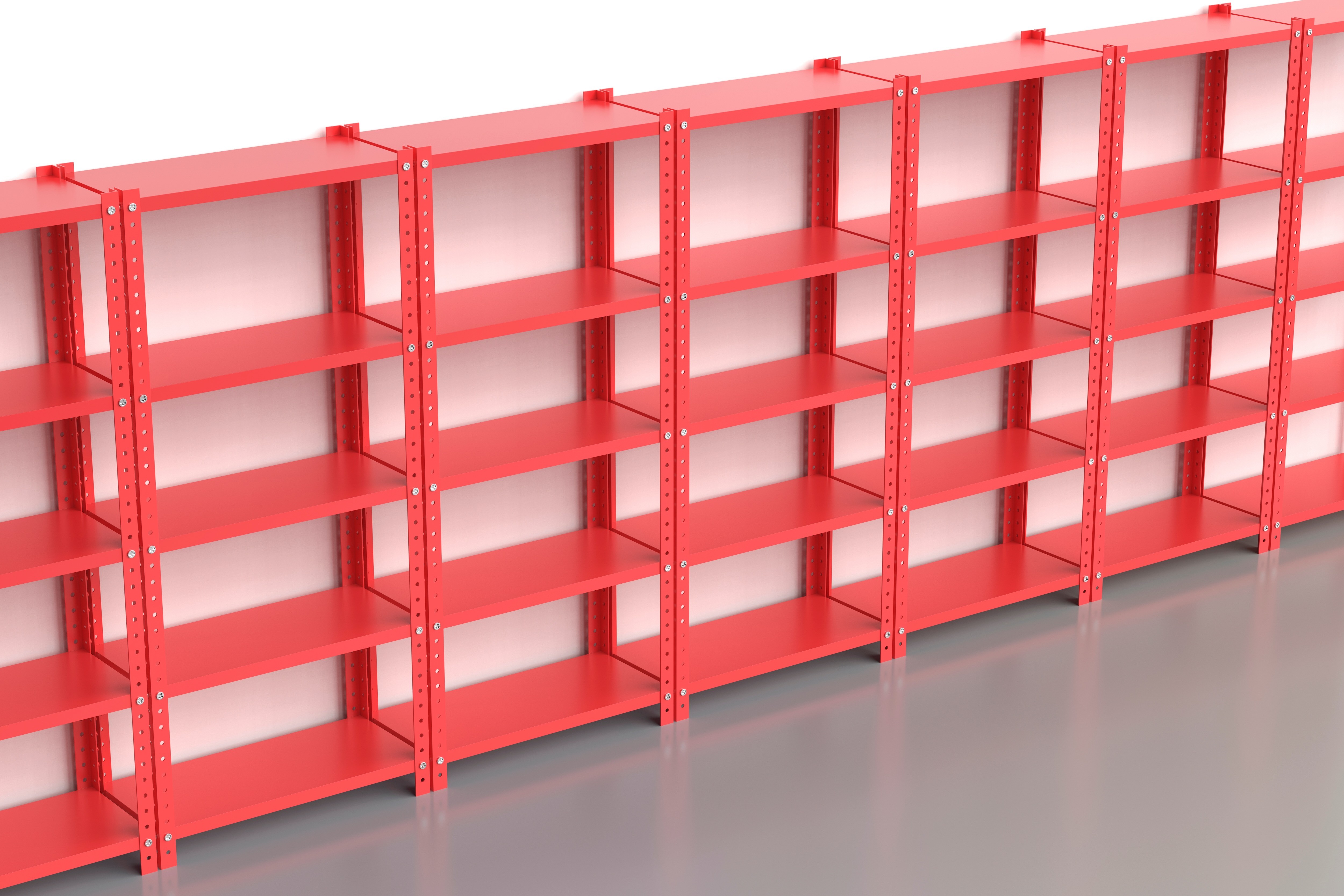March 21, 2025

Keeping a warehouse organised and efficient starts with selecting the right warehouse storage shelving units. Choosing the proper system can greatly improve accessibility and maximise space, whether you're storing business inventory or personal items.
This guide will help you understand the key factors to consider when choosing shelving units for items like electronics, documents, or goods that need special conditions.
Understanding Your Storage Needs
Before choosing warehouse storage shelving units, it is important to assess the type of items you need to store. For business storage, consider the weight, size, and nature of the items. For example, electronics may need shelving that offers protection from dust and moisture. On the other hand, personal storage items may not require the same level of protection but still need shelving that optimises space.
Mini warehouse units may require smaller, adjustable shelving that can adapt to different items, making it easier to store various types of goods efficiently.
For items like books or boxes, heavy-duty shelving may not be necessary, but for electronics or fragile items, you'll need secure shelving with proper support to prevent damage.
Types of Warehouse Storage Shelving Units

There are several types of warehouse storage shelving units available, each designed to meet different storage needs:
Industrial Shelving
These warehouse storage shelving units are built to be strong and durable, making them perfect for business storage. They can hold heavy items and large volumes of stock, so they are commonly used in warehouses where bulkier products need to be stored safely and efficiently.
Wire Shelving
Ideal for climate-controlled warehouses, these allow air to circulate around stored items. This helps reduce the risk of mould making them a great option for sensitive items like electronics or documents that need to be stored in a controlled environment. The open design of wire shelving ensures proper ventilation, which is important for maintaining the condition of temperature-sensitive goods.
Adjustable Shelving
This type of shelving offers great flexibility, allowing you to adjust the height between shelves to suit varying sizes of products or boxes. Adjustable shelving is especially useful for personal storage and mini warehouse spaces, where you may need to change the storage configuration over time as your needs evolve. Its adaptability makes it a convenient solution for both small and large storage requirements.
Size and Space Considerations
The available space in your warehouse will significantly influence the size and number of shelves you need. Shelving should maximise the use of vertical space to make the most of your storage area. Here are some factors to consider:
Available Floor Space
Measure the area where the shelving will be installed. Ensure that the shelves fit comfortably without obstructing walkways or causing difficulty in accessing stored items.
Height of Shelving
Consider how high you need the warehouse storage shelving units to go, particularly if you are storing long-term inventory or large items.
Weight Capacity
Different warehouse storage shelving units have different weight tolerances. For business storage, especially if you're storing electronics or heavy goods, ensure that the shelves are sturdy and can support the weight.
Material and Durability
The material of the warehouse storage shelving units you choose will determine their strength and longevity. Some materials are better suited to certain types of goods or environments, especially when it comes to climate-controlled warehouses or specialised items.
Metal Shelving
Ideal for heavy-duty storage and often used in warehouses that require strength and durability. It is also great for business storage where heavy machinery, tools, or goods are kept.
Wooden Shelving
While not as durable as metal, wooden shelves work well in dry, indoor environments for personal storage. They add a more aesthetically pleasing touch to residential storage areas.
Plastic Shelving
Suitable for lighter items or smaller personal storage solutions, plastic shelving is often used in areas where moisture could be a concern but doesn't require full climate-controlled settings.
Choosing a Reliable Storage Provider
Selecting a reputable storage provider can make the process of choosing and installing the right shelving much easier. Look for a provider with a range of shelving options that can meet your specific needs. A good storage provider should also be able to guide you in selecting shelving that maximises space and protects your items effectively. Ensure that the storage provider you choose offers:
Custom shelving solutions
Tailored shelving options can be designed to meet your exact storage requirements. This is especially helpful if you need unique sizes or features to fit specific items, such as fragile electronics or bulkier business inventory.
Flexible options
A good provider will offer shelving options that work for both business storage and personal storage needs. Whether you're storing large stock for your business or smaller personal items, flexible shelving can be adjusted to accommodate the size and type of goods you need to store. This ensures you get the most out of your available space.
Professional installation
Proper installation is essential to ensure that your warehouse storage shelving units are set up securely and correctly. Professional installers will make sure the shelving is safely anchored and arranged in a way that protects your items from damage. This helps keep your storage organised and your goods well protected.
Key Takeaways
Choosing the right warehouse storage shelving units can greatly improve how efficiently you manage your space. If you're storing electronics, personal items, or business inventory, the right shelving ensures your items are easy to access and well-protected. By considering factors like the type, material, size, and special features of shelving units, you can find a solution that suits your needs and helps you make the most of your storage space.
